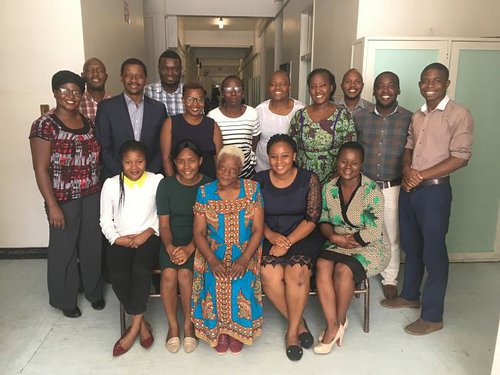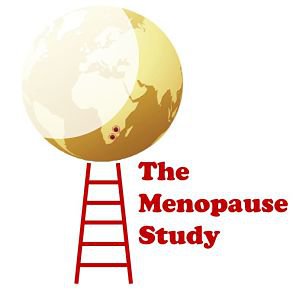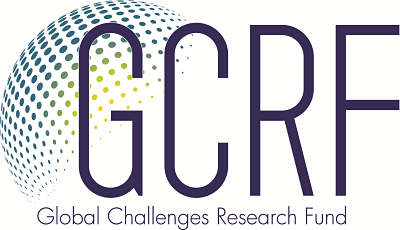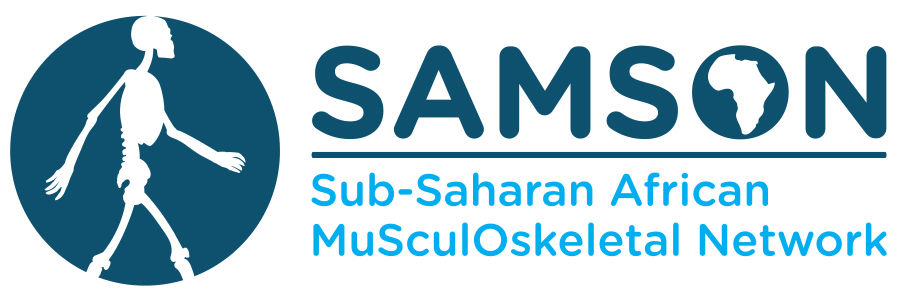Studies /
Understanding the impact of HIV infection and its treatment on the effect menopause has on the musculoskeletal health of African women
The Menopause Study
Funder: University of Bristol QR GCRF Funding
Amount: £197,182.69
PI: Dr Celia Gregson (Bristol)
Co-investigators
Prof Rashida Ferrand, Biomedical Research and Training Institute, Zimbabwe
A/Prof Lisa Micklesfield, University of the Witwatersrand, South Africa
University of Bristol Partners:
Prof Rachael Gooberman-Hill, Bristol Medical School, Faculty of Health Sciences
Prof Kate Robson-Brown, Archaeology and Anthropology, School of Arts
Rhiannon Wilson, Policy Bristol Associate, Research and Enterprise Development
External Partners:
Ms Cynthia Mukwasi-Kahari, Biomedical Research and Training Institute, Zimbabwe
Dr Micheal O’Breasail, MRC Nutrition and Bone Health Research Group, Cambridge, UK
A/Prof Kate Ward, MRC Lifecourse Epidemiology Unit, University of Southampton, UK and MRC The Gambia
Dates: Oct 2019-July 2021
Summary
The scale-up of antiretroviral treatment has dramatically improved survival, such that increasing numbers of women with chronic HIV are now reaching the menopause across Africa. The menopause is a period of rapid skeletal change which increases fracture risk. Research has seldom focussed on African woman at this stage of life. Understanding mechanisms of bone loss in the context of HIV infection will help inform interventions and guidelines. We will analyse pre-collected longitudinal data from 471 women followed-up in Soweto, collect new data from 320 women in Harare, run public engagement focus groups and stakeholder workshops to understand country-specific contexts and priorities, with initiatives to teach and train and build musculoskeletal research capability running throughout this project, and expand our SAMSON (The Sub-Saharan African MuSculOskeletal Network) collaborative.



